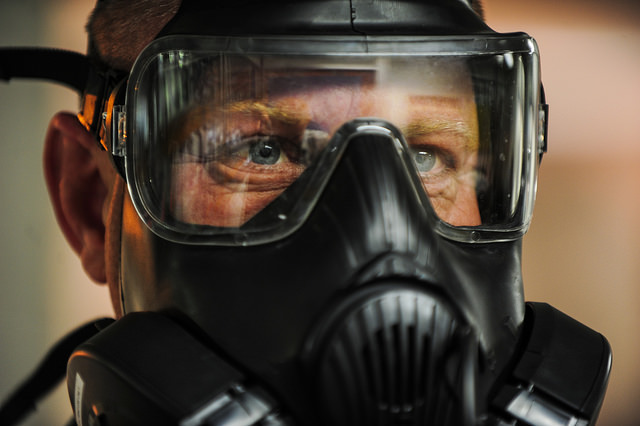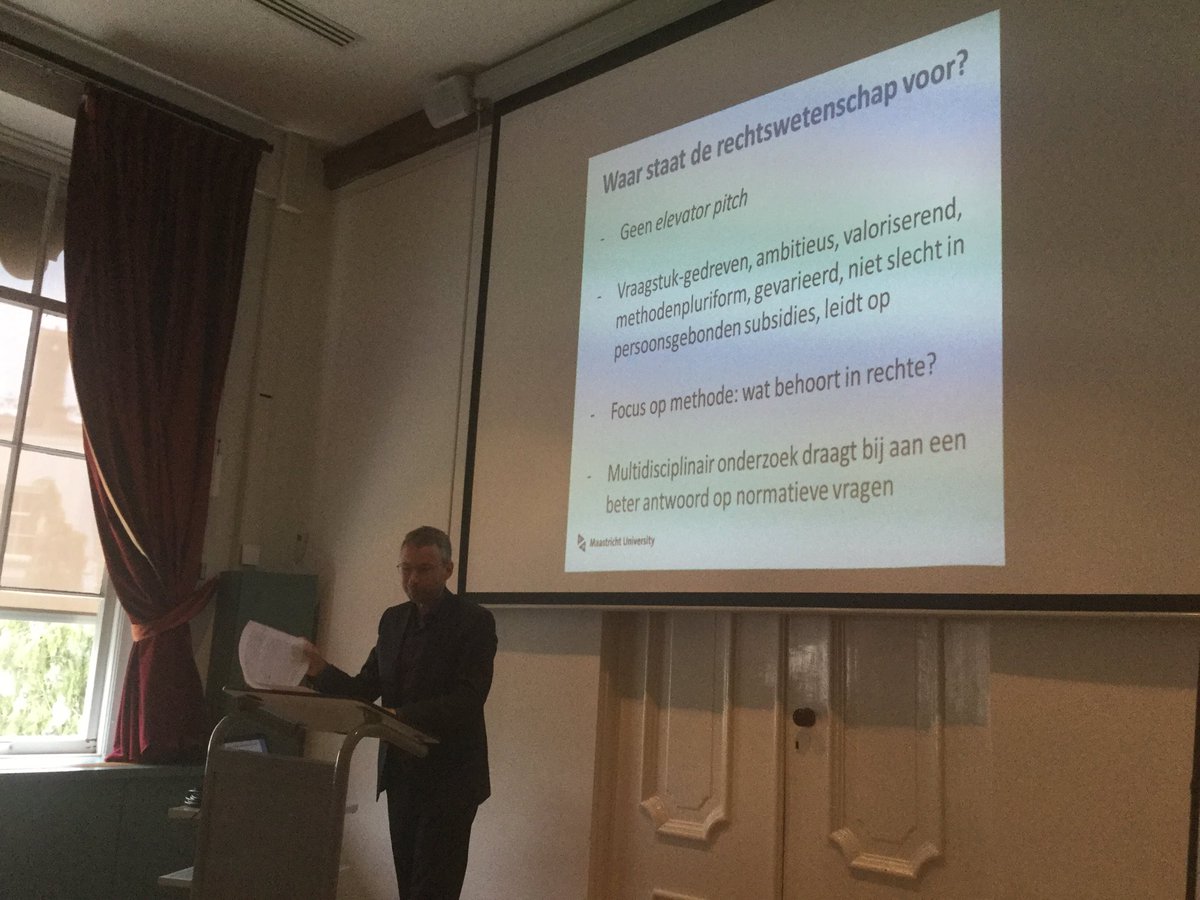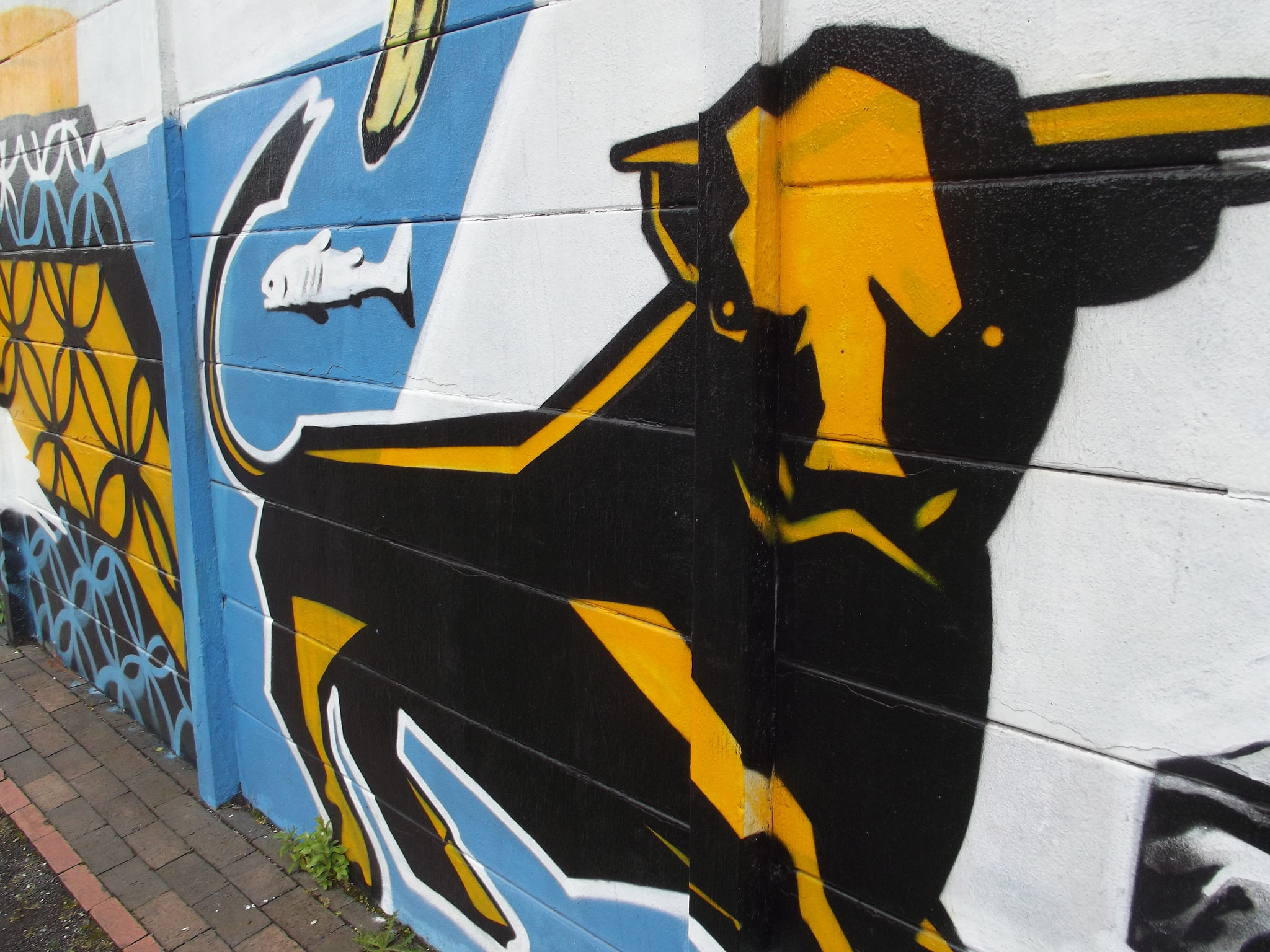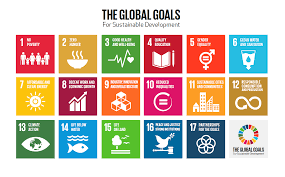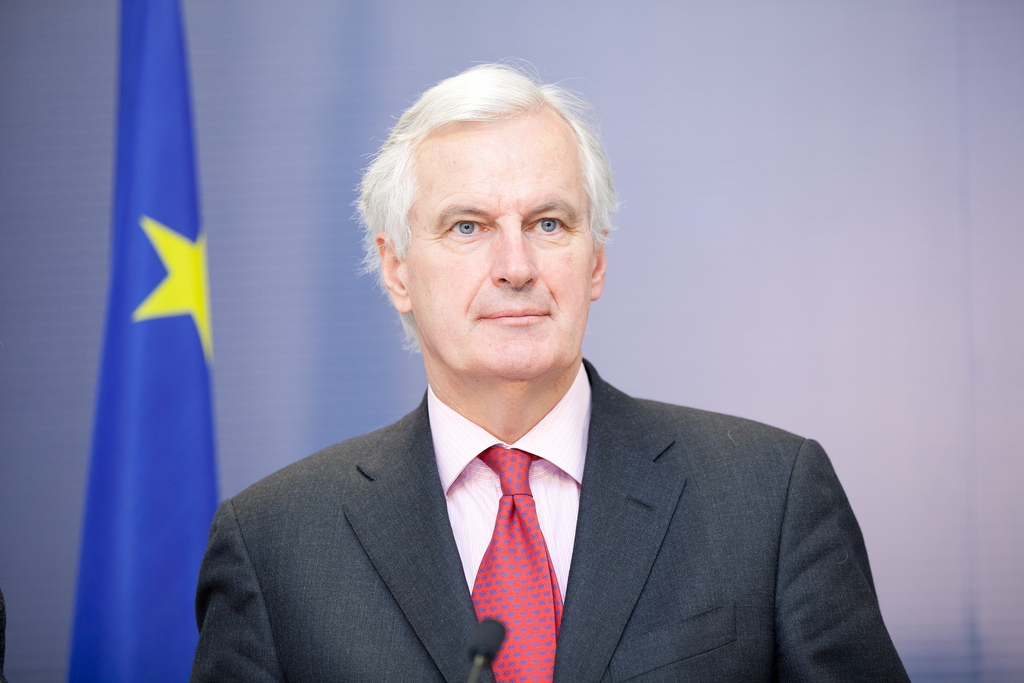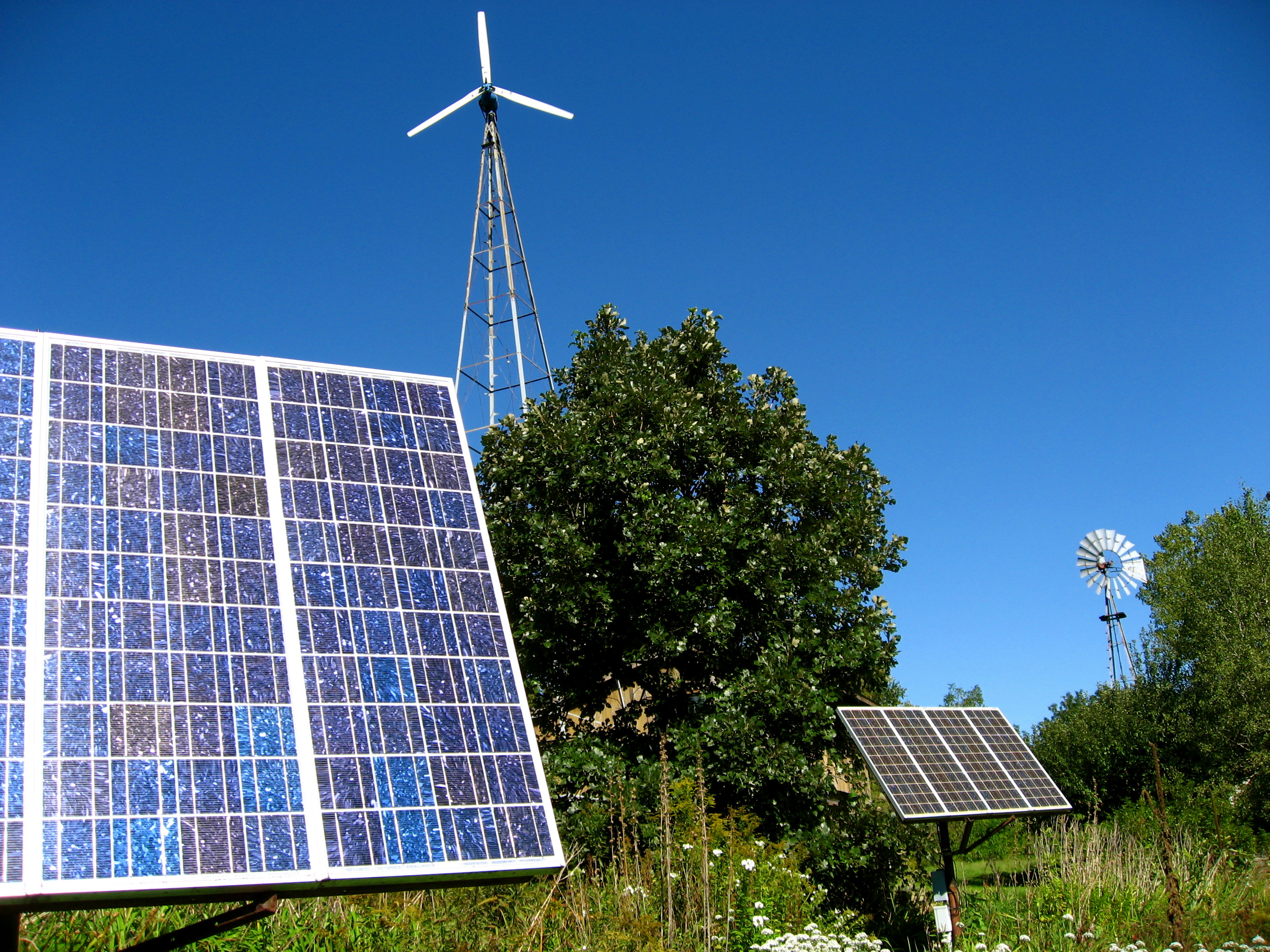Latest blog articles
-
In response to the (alleged) use of chemical weapons by the Syrian regime in the city of Douma, the United Kingdom, United States, and France carried out a number of missile strikes against several government facilities. These strikes clearly violate basic rules of international law.
-
Many things go well in Dutch legal academia. However, there is a need for legal academics to be more visible to the outside world. They should show why law must have a central place in the big research themes of today.
-
“Game clone” means two kinds of act: one is the act of game piracy, where the second game is a reproduction or abridgement of earlier games. Another act is that of creating games where second game contains similar elements as compared to earlier games.
-
Now that the UK is ejecting itself from the confines of the EU what interest would they have to keep the principle of good faith within their legislations? And perhaps more interestingly, what incentive – if any – does the British politicians and negotiators have to negotiate their exit in a fair...
-
On the 4th of April 2018 - in Strasbourg the Committee of Ministers of the Council of Europe adopted a groundbreaking recommendation concerning children of imprisoned parents.
-
How the Puigdemont Affair demonstrates the relevance of the European Arrest Warrant.
-
The right to access to justice is a fundamental driver to ensure the achievement of the Sustainable Development Goals (SDG). Why? Because, by guaranteeing access to justice for all, we ensure democratic participation and mechanisms of accountability. Hence, policy makers should pay attention to...
-
An international working group has engaged in a project to create an international arbitration mechanism for business and stakeholders to resolve issues in the field of business and human rights. This may enable business to live up to its corporate responsibility to respect human rights thereby...
-
The phony war between the United Kingdom and the European Union is over. Now, for the real deal. However, this agreement (which is not final until all details have been ironed out) comes at a heavy price.
-
The urgent transition to low-carbon energy systems requires massive investments and international cooperation. Yet chances of collaboration and exchange are growingly difficult in a context where trust is in short supply. How can we understand (dis)trust patterns in this complex domain?
